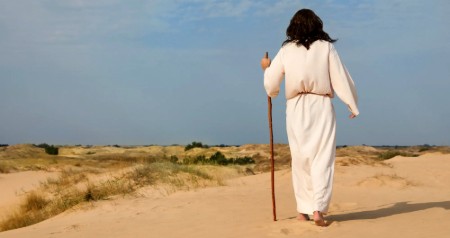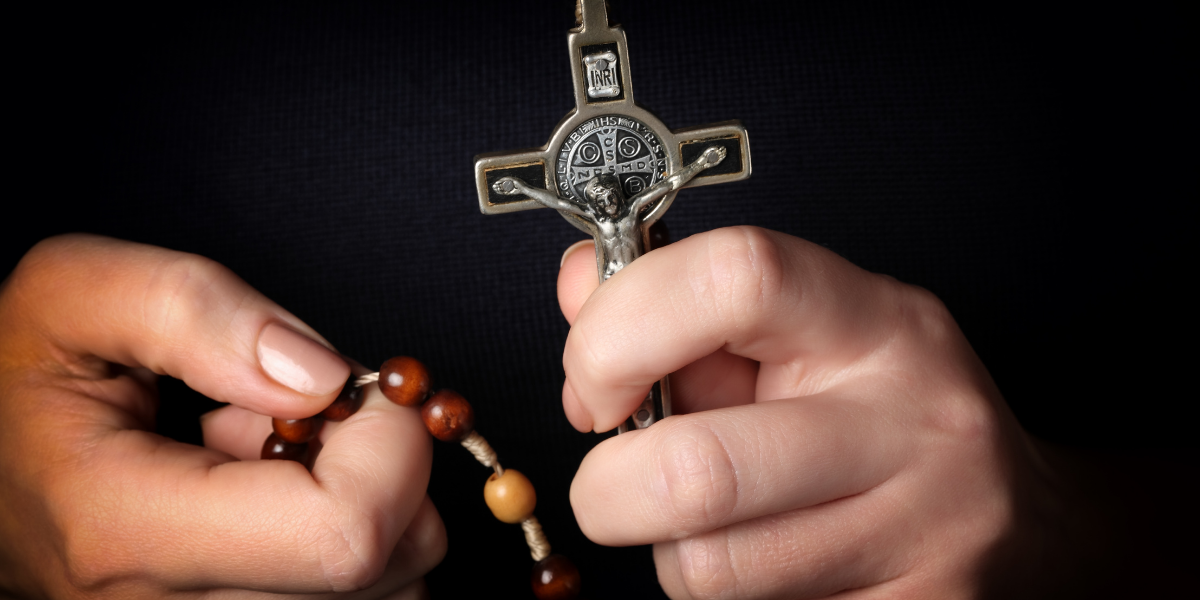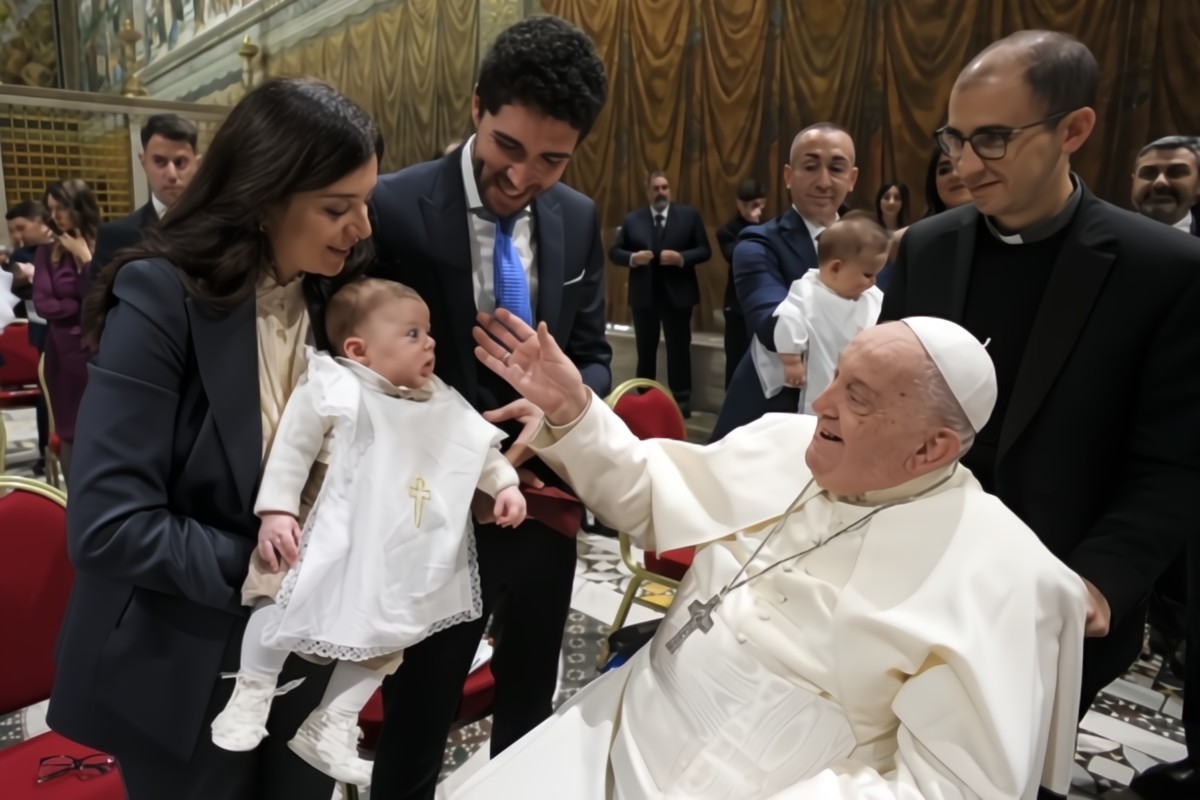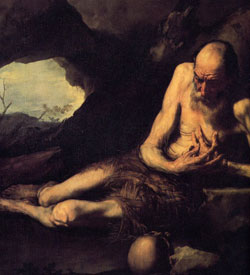We ask you, urgently: don’t scroll past this
Dear readers, Catholic Online was de-platformed by Shopify for our pro-life beliefs. They shut down our Catholic Online, Catholic Online School, Prayer Candles, and Catholic Online Learning Resources—essential faith tools serving over 1.4 million students and millions of families worldwide. Our founders, now in their 70's, just gave their entire life savings to protect this mission. But fewer than 2% of readers donate. If everyone gave just $5, the cost of a coffee, we could rebuild stronger and keep Catholic education free for all. Stand with us in faith. Thank you.Help Now >
Common Good Requires Legal Protection of the Unborn
FREE Catholic Classes
Catholics dedicated to the common good will at some point ask themselves what their attitude should be toward Roe v. Wade.
Highlights
Diocese of Scranton (www.dioceseofscranton.org/)
6/16/2009 (1 decade ago)
Published in Politics & Policy
SCRANTON, Pa. (Diocese of Scranton) - The following article was written by a Professor of Theology at the University pf Scranton,J. Brian Benestad, Ph.D.It appears on the Web Site of the Diocese. The Diocese of Scranton is led by Bishop Joseph Martino the stalwart Pro-Life Bishop whose defense of the Catholic faith has been an inspiration to so many Catholics, other Christians, other people of faith and good will:
The Common Good Requires the Legal Protection of the Unborn
Let us call to mind Pope John XXIII's famous definition of the common good, as slightly reformulated by the Catechism of the Catholic Church: "the sum total of the conditions of social life which allow people, either as groups or individuals, to reach their own perfection more fully and more easily." The perfection of each citizen is the goal of civil society and is, therefore, an essential part of the common good. A few examples of the many required social conditions are the legal protection of life, the legal recognition of marriage as a union between a man and woman, the protection of religious liberty and civil rights, sufficient jobs and health care, character education in families and schools, and an ethical foreign policy.In a liberal democracy, establishing the requisite social conditions and educating individuals to perfection are the shared responsibility of government, the Church, voluntary associations and individuals themselves.
Why does the Church even have a teaching on the common good of the political community? The answer to that question is not complicated. Working to attain the common good meets the physical, material, spiritual and intellectual needs of a nation's citizens. It gives them a good common life together. The laws and mores required by the common good help citizens to live good lives and to be just to their fellow citizens. Good laws and mores, furthermore, serve to dispose Christians to receive Christian teaching and live a Christian life. That is why Pope John Paul II used to ask visiting bishops, "What have you done to change the culture?" For one thing, the late pope knew that the failure to recognize the immorality of abortion has darkened people's consciences and coarsened many individuals, creating what he called a culture of death.
Catholics dedicated to the common good will at some point ask themselves what their attitude should be toward Roe v. Wade, the 1973 Supreme Court decision that mandated the legalization of abortion for the whole nine months of pregnancy in all 50 states. As of 2008 the Court's establishment of a constitutional right to abortion has resulted in 48.5 million abortions. The key question is whether the Catholic understanding of the common good gives Catholics permission to be silent on this legally authorized murder of the unborn?
Cardinal Francis George of Chicago recently gave a clear answer to this question: "Laws that place unborn children outside the protection of law destroy both the children and the common good, which is the controlling principle of Catholic social teaching. One cannot favor the legal status quo on abortion and also be working for the common good." Back in 1988 Pope John Paul II addressed the same question in his book-length exhortation on the vocation and mission of the laity. "Above all, the common outcry, which is justly made on behalf of human rights - for example, the right to health, to home, to work, to family, to culture - is false and illusory if the right to life, the most basic and fundamental right and the condition for all other rights, is not defended with maximum determination."
The teaching in these authoritative statements is ignored by Catholics in Alliance for the Common Good and Catholics United, two partisan organizations trying to persuade Catholics to vote Democratic in the name of a so-called non-partisan understanding of the common good. They claim to have a fuller understanding of the common good than the Catholic bishops who reiterate in homilies the Church's constant teaching that abortion is the most important issue, because it is state-sanctioned killing of the innocent, killing which has been elevated to a legal right. These two liberal Catholic organizations have, in fact, trimmed Catholic teaching on the common good so that they are able to ignore Roe. v. Wade without any apparent twinge of conscience. Both organizations also falsely claim that Senator Obama's "safety net" of economic and social policies would deter more abortions than anything else that can be realistically done through law.
A number of Catholics believe that the Catholic Church should remain silent on the subject of abortion lest its teaching on the subject unduly influence voters. For Bishop Martino to have had his priests read a pastoral letter in Church on abortion, even on Respect Life Sunday, is to damage the "rich Catholic faith tradition," in the words of Boston College theologian, Lisa Sowle Cahill, a member of the Advisory Council established by Catholics in Alliance for the Common Good. In fact, if bishops are silent about any Church teachings, especially those not accepted by Catholics, they are not fulfilling their duties as successors of the Apostles.
Keeping abortion legal should be unacceptable to any Catholic. Consider these heartfelt words from the late pro-life Democratic Governor, Robert E. Casey, delivered at the University of Notre Dame in 1995. "And so, it is for me the bitterest of ironies that abortion on demand found refuge, found a home - and it pains me to say this - found a home in the national Democratic Party. My party, the party of the weak, the party of the powerless. You see, to me, protecting the unborn child follows naturally from everything I know about my party and about my country. Nothing could be more foreign to the American experience than legalized abortion. It is inconsistent with our national character, with our national purpose, with all that we have done, and with everything we hope to be."
Unlike many Catholic groups and individuals who claim to be pro-life, Governor Casey had the wisdom and courage to take on the gross aberration of the Democratic Party. Why don't Catholics voting for Obama "for truly grave moral reasons," actually issue challenges to the Democratic Party instead of remaining silent on the evil of legalized abortion? Why do they not speak against Senator Obama's support of Roe v. Wade and the Freedom of Choice Act? Why do they not point out that there is no common ground between killing an infant in the womb and letting her live? Like legalized slavery before the Civil War, the very existence of Roe v. Wade stands at odds with the Declaration of Independence and perpetuates a deep fissure in American political life.
Governor Casey gave Catholics good persuasive reasons to be very uneasy with legalized abortion on demand as an essential element of our shared life together. But there is even more to say. Abortion is no more just one issue on a par with all the other issues than was slavery in the famous Lincoln-Douglas debates: for Lincoln the question of the humanity of African Americans was the central issue. Because abortion is an intrinsic evil, the bishops of the United States, in their most recent document on Faithful Citizenship, made ending "the destruction of children through abortion" their first goal for political life. Not recognizing the humanity of the unborn is surely as great an evil as not recognizing the humanity of African Americans.
A little known fact in the current abortion debate concerns the effect of abortion on African Americans. In the words of Dr. Alveda King, niece of Dr. Martin Luther King, Jr., abortion has led "to the decimation of the African-American community." The Center for Disease Control reports that the abortion rate for black women is 472 per 1,000 live births, while the rate for white women is 161 per 1,000. Estimates of abortions performed on African-American women range from 13 to 16 million since Roe v. Wade. The African-American Catholic bishop, Martin Holley, asks "Why are minority children being aborted at such disproportionate rates?" He also notes that "over 80 percent of Planned Parenthood clinics are located in minority neighborhoods. Margaret Sanger, the founder of Planned Parenthood, began the 'Negro Project' to reduce the black population.
We should be shocked and heartbroken by the findings of a recent phone investigation that recorded a fundraiser at an Iowa Planned Parenthood clinic saying she was 'very excited' about a donation specifically for aborting black babies." Sanger's plan to reduce the black population is succeeding beyond her own dreams. The current black population is around 36 million instead of the 49 to 52 million it would be, had it not been for abortion. Whatever the original intention, the effect of legalizing abortion through Roe v. Wade has been racist.
As for the long term effects of abortion on the nation, consider what the well-known Catholic novelist, Walker Percy, wrote in a 1988 letter on abortion to the New York Times, which the newspaper chose not to publish. There are serious consequences to accepting the proposition that "innocent human life can be destroyed," as the Nazis proclaimed and implemented. "At any rate, a warning is in order. Depending on the disposition of the majority and the opinion polls - now in favor of allowing women to get rid of unborn and unwanted babies - it is not difficult to imagine an electorate or a court 10 years, 50 years from now, who would favor getting rid of useless old people, retarded children, anti-social blacks, illegal Hispanics, gypsies, Jews ..." These possibilities may seem quite far-fetched, but consider this: Eugenic abortion, female-targeted abortion (especially in China), euthanasia, and deep prejudice against Hispanic immigrants are already upon us. Insightful novelists often see things before the rest of us.
Finally, is there any substantial difference between being pro-choice and pro-abortion? Do Catholics preserve the common good by declaring themselves pro-choice, but personally opposed to abortion? To answer these questions ask whether there would be any difference between being pro-slavery and pro-choice with respect to people claiming a right to make slaves of African Americans. If pro-choice people were personally opposed to slavery, but were against the legal prohibition of slavery, how would they substantially differ from pro-slavery advocates? On the basis of this analogy there is no real practical difference between being pro-choice and pro-abortion. Either way, women retain the right to take the life of their unborn babies.
Join the Movement
When you sign up below, you don't just join an email list - you're joining an entire movement for Free world class Catholic education.

-

-
Mysteries of the Rosary
-
St. Faustina Kowalska
-
Litany of the Blessed Virgin Mary
-
Saint of the Day for Wednesday, Oct 4th, 2023
-
Popular Saints
-
St. Francis of Assisi
-
Bible
-
Female / Women Saints
-
7 Morning Prayers you need to get your day started with God
-
Litany of the Blessed Virgin Mary
Introducing 'Journey with the Messiah' - A Revolutionary Way to Experience the Bible
-

9 Harmful Practices to Avoid When Confronting the Devil
-

Pope Francis Celebrates the Feast of the Baptism of the Lord with Special Emphasis on the Gift of Faith
-
New Respiratory Virus Spreads Across China: Is it a Threat to the Global Community?
-
Resurgent Nuclear Threats and the Call for Peace
Daily Catholic
 Daily Readings for Wednesday, January 15, 2025
Daily Readings for Wednesday, January 15, 2025 St. Paul the Hermit: Saint of the Day for Wednesday, January 15, 2025
St. Paul the Hermit: Saint of the Day for Wednesday, January 15, 2025 Prayer for a Blessing on the New Year: Prayer of the Day for Tuesday, December 31, 2024
Prayer for a Blessing on the New Year: Prayer of the Day for Tuesday, December 31, 2024- Daily Readings for Tuesday, January 14, 2025
- St. Felix of Nola: Saint of the Day for Tuesday, January 14, 2025
- St. Theresa of the Child Jesus: Prayer of the Day for Monday, December 30, 2024
![]()
Copyright 2024 Catholic Online. All materials contained on this site, whether written, audible or visual are the exclusive property of Catholic Online and are protected under U.S. and International copyright laws, © Copyright 2024 Catholic Online. Any unauthorized use, without prior written consent of Catholic Online is strictly forbidden and prohibited.
Catholic Online is a Project of Your Catholic Voice Foundation, a Not-for-Profit Corporation. Your Catholic Voice Foundation has been granted a recognition of tax exemption under Section 501(c)(3) of the Internal Revenue Code. Federal Tax Identification Number: 81-0596847. Your gift is tax-deductible as allowed by law.








 Daily Readings for Wednesday, January 15, 2025
Daily Readings for Wednesday, January 15, 2025 St. Paul the Hermit: Saint of the Day for Wednesday, January 15, 2025
St. Paul the Hermit: Saint of the Day for Wednesday, January 15, 2025 Prayer for a Blessing on the New Year: Prayer of the Day for Tuesday, December 31, 2024
Prayer for a Blessing on the New Year: Prayer of the Day for Tuesday, December 31, 2024


